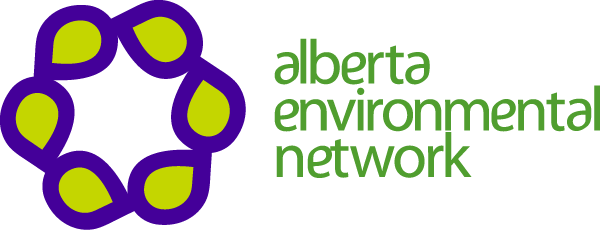Ottawa and Calgary — The federal government is failing to enforce and implement numerous laws that are in place to protect the water — in many cases the drinking water — for tens of thousands of Canadians who live near oil sands operations. According to a new report released today, this failure affects people who live in Fort Chipewyan, Fort Smith, Fort MacKay and also in Yellowknife.
The report, Watered Down: Overcoming Federal Inaction on the Impact of Oil Sands Development to Water Resources, was released today by seven environmental organizations. It has been circulated to all federal political parties in Ottawa before the federal House of Commons Standing Committee on Environment and Sustainable Development meets to decide on new federal recommendations to regulate the impact of oil sands on freshwater resources.
"We have documented numerous examples where the federal government is aware of the mismanagement of water in the oil sands but fails to use the laws at its disposal to protect water for thousands of Canadians and the environment," said Danielle Droitsch, Executive Director of Water Matters.
In total, the report identified 10 areas where the federal government has failed either to enforce or implement federal law or to exercise its constitutional authority. These include failure to enforce water diversions, failure to regulate toxic pollution, failure to prosecute leaking tailings ponds and failure to implement legislation to reduce acid rain from oil sands operations.
"By ignoring their constitutional obligations, the Canadian government is playing a bold and startling game of Risk," said Joe Cressy, Campaigns Coordinator of the Polaris Institute. "Surely the Canadian government would not allow this situation to continue if the drinking water supply was for a city of 3 million, so why should they allow it to happen to downstream communities?"
The report also shows that the failure to enforce legislation has led to the pollution of water that threatens aquatic ecosystems, and of surface and groundwater used by First Nations for drinking water.
Oil sands mining operations are licensed to divert 445 million cubic metres of fresh water each year from the Athabasca River — roughly the annual water needs for a city of 3 million people. Meanwhile, every day, 200 million litres of contaminated water are produced from oil sands operations.
The report was co-released by the Alberta Wilderness Association, Environmental Defence, Keepers of the Athabasca, the Pembina Institute, the Polaris Institute, the Sierra Club of Canada and Water Matters.
The report is available for download from the Water Matters website. A high-resolution cover image is also available.
Photographs of oil sands development and more information are available at www.oilsandswatch.org
Media Contact
Danielle Droitsch, Water Matters
Cell: 403-678-7964
*available before 2 p.m. EST, November 23, 2009
Joe Cressy, Polaris Institute
Cell: 613-668-5542
Simon Dyer, Pembina Institute
Cell: 403-322-3937
